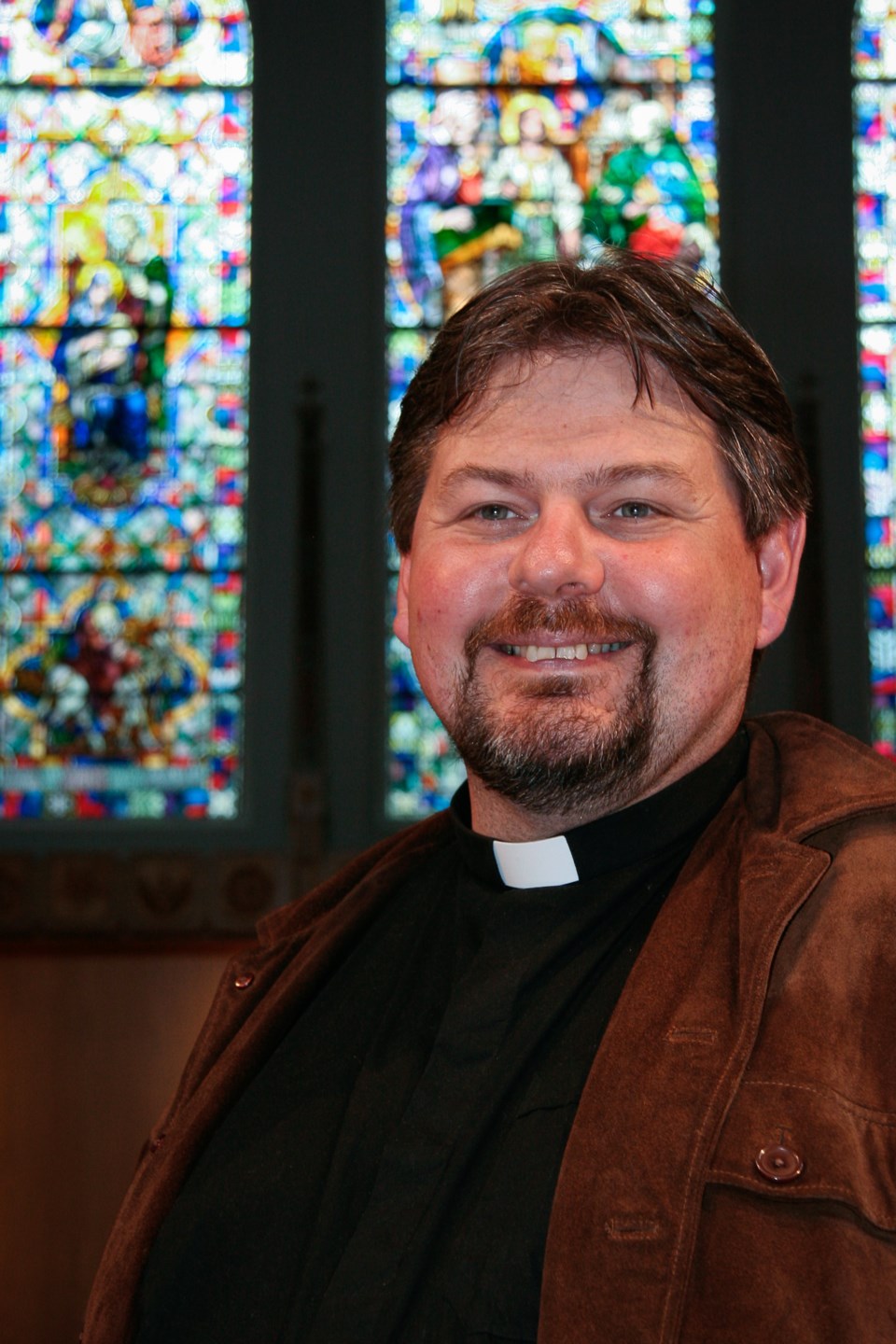Many of the events and experiences we have in life can leave us feeling broken. We see brokenness on a personal and social level every day, and may ourselves feel fragmented and shattered. It seems unavoidable.
It’s not something we can control; perhaps the most important thing is how we respond to it.
For some of us our response is to build walls, metaphorically and literally, to try and shut out those things which threaten or disturb us. We’ve seen that played out in some of the politics of our neighbours to the south, and recently in the British vote to exit the European Union, promises being made to keep people out, to turn inwards, to ‘stand alone’.
It’s a very lonely place to be.
But it’s not only on the political stage that these things play out. We see the same in our own lives as we create barriers, turn away from one another, turn inwards, and live with fear. Often confronting our own brokenness is too painful, too disturbing, too much to handle, and rather than engaging with our own hurt we either lash out at others or shrink into ourselves. Spiritual Author Dr David G Benner writes that “Wholeness does not mean perfection, it means embracing our brokenness.” It is only when we can deal with our own pain we can begin to travel upon the road towards openness and what Jesus called “life in all its fullness.”
In the Christian spiritual tradition the foundation of this courage to face our brokenness is a simple one. It is love. In one of the ancient writings of our tradition, the First Letter of St John, God is described as being made of love. John also goes on to say “There is no fear in love. But perfect love drives out fear...” Knowing ourselves completely and truly loved is the foundation of feeling safe, of feeling strong enough to face the worst both in and around ourselves. This love is tough, challenging, inspiring, powerful, accepting, and complete. It doesn’t come with conditions and we cannot do anything to deserve it or earn it because it is freely given and absolute.
When Jesus was asked the most important law, or commandment, within his Jewish tradition he responded with a simple answer: “Love the Lord your God, with all your heart, with all your soul, with all your strength, and with all your mind” and “love your neighbour as you love yourself.” It is in knowing ourselves loved by God, and loving God in return, we are told, that we find a love for ourselves which can then open up to our neighbour. In having the security of Divine love, we are able to move beyond fear, and prejudice, and judgement, into a place of liberation, healing and wholeness.
If that seems all a bit abstract, there are ways in which to connect with that force of love which can build up our sense of being loved. Jesus talked of needing to spend time in prayer, and often spent time alone in meditation and stillness. He also talked of being part of a community of love, of people committed to finding the love of God together and sharing that with the world. The Church that followed hasn’t always lived up to that ideal, but that still remains the ideal, and the principle of finding community, sharing hopes, fears and healing, should still be at the heart of any spiritual community.
May we learn to find love, drive out fear, and know healing even in and through our brokenness.
 Alastair McCollum is Rector of St. John the Divine Anglican Church in Victoria. He has a passion for the Gospel, motorbikes and bike culture, worship, philosophy, theology, guitars, single malt whisky, real ale, cinema and all things French. You can find Alastair at the church website: and on his blog:
Alastair McCollum is Rector of St. John the Divine Anglican Church in Victoria. He has a passion for the Gospel, motorbikes and bike culture, worship, philosophy, theology, guitars, single malt whisky, real ale, cinema and all things French. You can find Alastair at the church website: and on his blog:
You can read more articles from our interfaith blog, Spiritually Speaking,
* This article was pubished in the sa���ʴ�ý print edition on Saturday, Juy 2 2016


